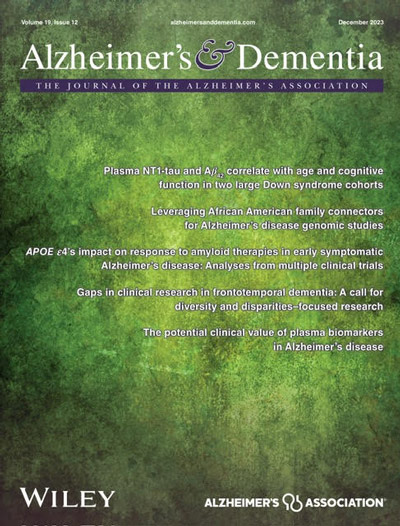Making outcome measures matter: Why should “what matters to people living with dementia” matter to dementia researchers?
Abstract
This article provides an overview of evidence to support a call to action for dementia researchers to ensure that “what matters to people living with dementia” should be at the heart of any decision-making around the choices and design of outcome measures. There have been sufficient reviews observing how the outcome measures that have been used in previous research have not been those that have been valued by people living with dementia or their carers. If researchers continue to use existing measures that are not valued by people living with dementia, they will waste limited research resources by using measures that are not sufficiently sensitive to detect changes that might be attributed to interventions. It is time for researchers to collaborate internationally to ensure that resources are invested in designing and validating new approaches for measurement of psychosocial outcomes for those living with dementia.
Highlights
- Outcome measures that have been used in previous research have not been those that have been valued by people living with dementia or their carers.
- Existing outcome measures have been shown not to be fit for purpose and tend to focus on symptom reduction or broad conceptualizations of quality of life.
- Dementia researchers will need to collaborate internationally to ensure that resources are invested in designing and validating new approaches for measurement of psychosocial outcomes for those living with dementia.


 求助内容:
求助内容: 应助结果提醒方式:
应助结果提醒方式:


